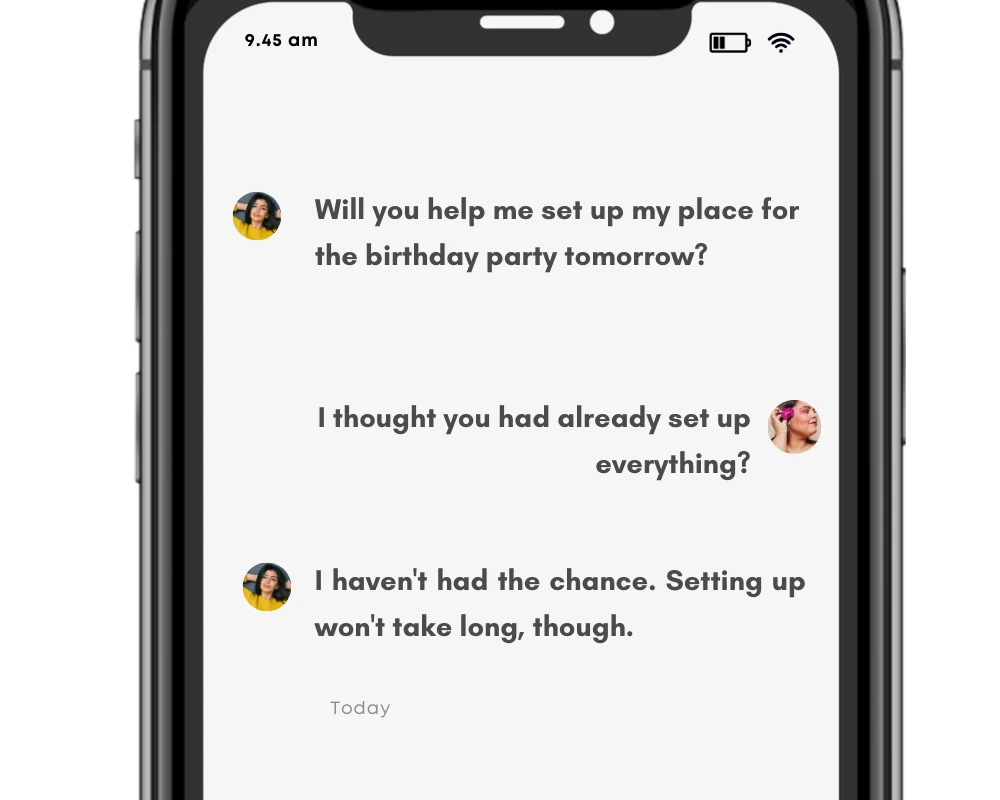
What's the past tense of "set"?
The simple past tense of set is set, and the past participle is also set. The form "setted" is incorrect. Use set for both simple past and past participle forms.
Definition of set
The Oxford English Dictionary defines set as "to put (something or someone) in a particular place." It's used to describe placing, positioning, or establishing something in a specific location or state.
- The past tense of set is set.
- The past participle of set is set.
Verb forms of 'set'
Is "set" a regular or irregular verb?
The verb set is an irregular verb. Unlike regular verbs that add -ed to form the past tense, "set" remains unchanged in all its principal forms. This makes it part of a special category of irregular verbs that maintain the same form across present, past, and past participle conjugations.
When to use "set"
The verb "set" uses the same form for both simple past tense and present or past perfect), it requires an auxiliary verb like have, has, or had. The simple past doesn't use a helper verb since it's a complete tense, so set can stand alone in sentences, whereas participles require an auxiliary verb.
• She set a new world record for the high jump.
• The company has set a new sales target.
Sentence examples: set, set, set
• We set a date for the wedding!
• She sets the table with extreme fastidiousness.
• Have you set the alarm clock?
• She set a new world record for the high jump.
• Samuel set his drink down on the counter.
• We finally set a date for the wedding!
• The table had been set for 6 guests.
• The company has set a new sales target.
• The alarm has been set for 6:00 a.m.
Similar irregular verbs
Synonyms & nearby words
Synonyms for set
Origin of the verb/word, set
Middle English setten, from Old English settan (transitive) "cause to sit; make or cause to rest as on a seat; cause to be put, placed, or seated;" also "put in a definite place," also "arrange, fix adjust; fix or appoint (a time) for some affair or transaction," and "cause (thoughts, affections) to dwell on." This is from Proto-Germanic *(bi)satejanan "to cause to sit, set"
Practice: set conjugations
Yesterday, I ______ the table for dinner.
She has already ______ her alarm for 6:00 a.m.
The sun ______ at 8:30 p.m. last night.
By the time we arrived, the stage had already been ______ for the concert.
I will ______ a reminder to call you tomorrow.
FAQs
What is the past tense of "set"?
Is "setted" the correct past tense?
What is the past participle of "set"?
How do I know if 'set' is past or participle?
Is "set" a regular or irregular verb?
Sources
Advertisement








.webp&w=3840&q=75&dpl=dpl_13tcGbrn5BXPQFsQmuQWqib9Y3DN)